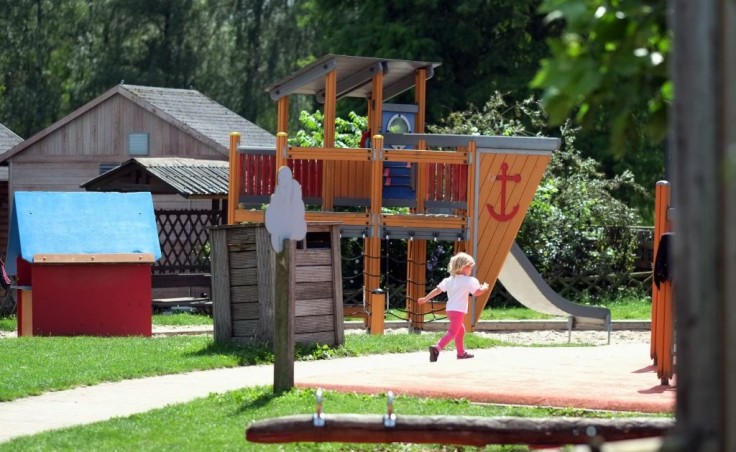
For children, life's challenges can range from everyday transitions like starting at a new school or moving homes to more significant events like coping with bullying or family illnesses.
Raising resilient children is a gradual process shaped by experiences, and fostering a warm, supportive bond with your child can aid in developing essential skills.
Resilient children often excel in problem-solving and learning new abilities, as they approach setbacks with a willingness to persevere. This resilience also helps them navigate difficult emotions, understanding that discomfort is temporary and they will overcome it.
Moreover, resilient children are less inclined to avoid problems or resort to harmful coping mechanisms, leading to improved overall well-being on their path to success.
5 Parenting Mistakes To Avoid in Raising Resilient Children
1. Avoid Pessimism
In navigating life's challenges, it's crucial to steer clear of pessimism, as highlighted by educational psychologist and parenting expert Michele Borba.
Borba emphasizes that our beliefs and attitudes influence our children significantly. She advocates for fostering optimism in children, as optimistic outlooks lead to seeing obstacles as temporary challenges to overcome.
Research underscores that excessive negativity can deter both children and adults from persisting in finding solutions. Borba advises projecting optimism during setbacks, encouraging phrases like "That's OK, we've got this," which helps children develop effective coping strategies.
2. Avoiding Overreactions
It's easy to become overly concerned about children's experiences, such as a bad grade or a disagreement with a friend. However, developmental psychologist Aliza Pressman cautions against overreacting, emphasizing that children often mirror parental mood and behavior.
Pressman advises against pervasive anxiety, noting that most situations in children's lives aren't emergencies. Maintaining a calm perspective, perhaps through a reassuring mantra like "I'm not being chased by a bear," helps regain composure and avoid unnecessary distress, thereby promoting children's mental well-being and resilience.
3. Encouraging Curiosity
Parents are advised not to become annoyed by their children's curiosity-driven questions. Despite the temptation to discourage constant inquiries, nurturing a child's curiosity is essential. Research indicates that actively curious children learn and retain more information.
Dr. Kumar Mehta, a bestselling author and researcher, emphasizes that parents of accomplished individuals prioritize learning and encourage curiosity by taking questions seriously.
4. Embracing Learning From Failure
Instead of punishing failures, it's important to teach children how to recover from mistakes in a healthy manner. It suggests that punishing children for errors can instill shame rather than resilience.
Morin advocates for helping children extract lessons from mistakes, fostering the confidence to tackle future challenges. Sharing personal setbacks and success stories can illustrate the value of learning from failure and developing a growth mindset.
5. Avoiding Overprotection
Instead of punishing failures, it's important to teach children how to recover from mistakes in a healthy manner. Psychotherapist Amy Morin suggests that punishing children for errors can instill shame rather than resilience.
Morin advocates for helping children extract lessons from mistakes, fostering the confidence to tackle future challenges. Sharing personal setbacks and success stories can illustrate the value of learning from failure and developing a growth mindset.
Related Article: 10 Toddler-Friendly Arts, Crafts for Fine Motor Skills Development